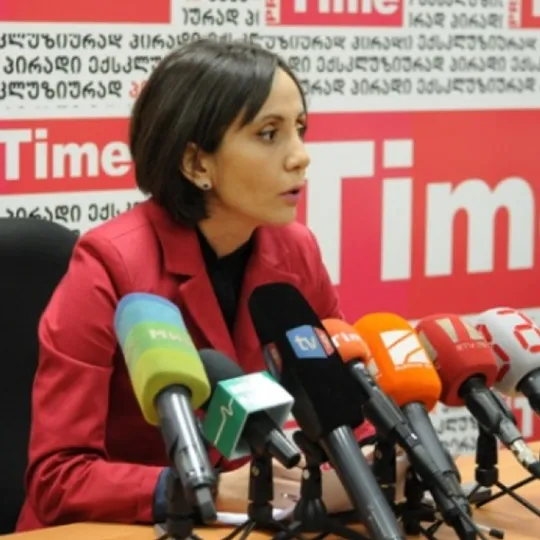Russia’s Imperialistic and Hegemonic Attitudes, War in Ukraine and Threats to European Security and Democracy
Bush House, Strand Campus, London

In-person & online lecture from Tea Tutberidze, PhD Candidate in the Department of War Studies.
Discussion: After the Cold War ended and the Soviet Union collapsed, many experts and academics in the West thought that the ‘main threat’ (the Soviet Union) was no longer there, the war was over, and it was time for peace. On the other hand, Russia has never given up its imperialistic and hegemonic attitudes, and its ongoing hegemonic involvement/interference has always been present in Europe (and beyond).
It is important to analyse why Russia behaves as it does, and for that we also need to look at the theories of geopolitics as some geopolitical theories are widely discussed in the Russian Federation today. When analysing Russia’s war in Ukraine, we cannot do so without considering the historical and geopolitical context.
Although extensive academic literatures exist on both the topic of democracy and security issues in Eastern European countries, the interrelationship between them has received almost no attention. The relationship between democratisation and security has been studied before, but the focus has been on the effects of democracy/democratisation on the likelihood of going to war. There has not been much research into the effects of security cooperation on democratisation, particularly the presence/absence of security alliance with democratic states as a factor shaping democratisation under conditions of threat posed by the former imperial centre and an authoritarian regional hegemon. Tea Tutberidze’s research aims to complement a gap,and it will show why, after the collapse of the USSR, Ukraine and Georgia could not manage to develop consolidated democracy (so far) and will endeavour to find a way for democratic development based on her project participants’ interviews and subsequent analysis.
In the lecture
Tea examines the attempts to democratise post-Soviet states while dealing with the challenges of ongoing hegemonic involvement/interference from the former imperial centre, investigating both inter-state and intra-state politics. She argues that in reality, small states aiming to develop democratically and achieve consolidated democracy, but facing external threats and interference from undemocratic, authoritarian, or totalitarian regimes, can only consolidate democracy if they have national security guarantees from an alliance of other democratic states such as NATO, or the US (as at least implicit guarantee that there will be protection, or an real signal that it would become a member of democratic alliances).
Tea Tutberidze is a PhD candidate in the Faculty of Social Sciences & Public Policy, Department of War Studies, at King’s College London.
Research Interests: International Politics, US, EU, NATO, and Eastern European countriesTea is particularly interested in European defence, NATO, and its future, as well as democracy, liberalism, globalisation, global stability and security, effective crisis management and conflict prevention.
Search for another event


